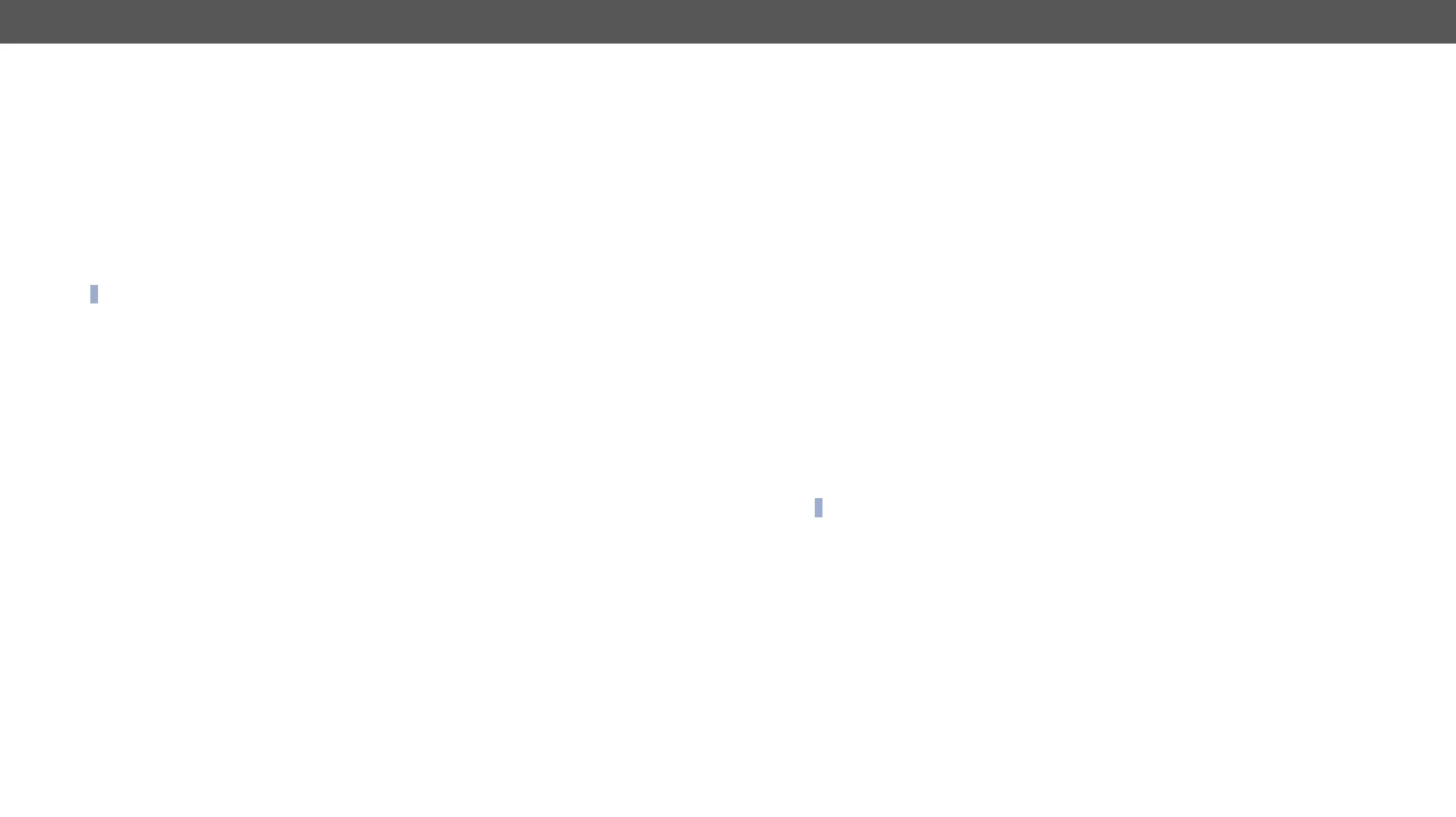Sending a TCP Binary Message (HEX-format)
The command is for sending a binary message in Hexadecimal format. This method does not require escaping
the control and non-printable characters.
Command and Response
ç <IP_address>:<port_no>=<HEX_message>)
æ
Example
ç
æ
The '0100000061620000cdcc2c40' message is sent to the indicated IP:port address.
INFO: There is no need to insert a space or other separator character between the binary messages.
Sending a UDP Message (ASCII-format)
The command is for sending a UDP message in ASCII-format. This method allows escaping the control characters.
For more information, see the Escaping section.
Command and Response
ç <IP_address>:<port_no>=<message>)
æ
Example
ç
æ
The 'C00' message is sent to the indicated IP:port address.
Example with HEX codes
ç
æ
sequence indicates the HEXA code; see more information in the Using Hexadecimal Codes section.
Sending a UDP Text (ASCII-format)
The command is for sending a text message in ASCII-format via UDP-protocol. This method does not allow
escaping or inserting control characters.
Command and Response
ç <IP_address>:<port_no>=<text>)
æ
Example
ç
æ
The 'open' text is sent to the indicated IP:port address.
Sending a UDP Binary Message (HEX-format)
The command is for sending a binary message in Hexadecimal format. This method does not require escaping
the control and non-printable characters.
Command and Response
ç <IP_address>:<port_no>=<HEX_message>)
æ
Example
ç
æ
The '433030' message is sent to the indicated IP:port address.
INFO: There is no need to insert a space or other separator character between the binary messages.

